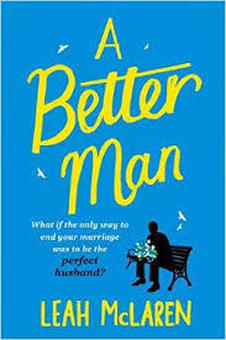
Following the birth of their twins three years ago, Nick and Maya have grown apart. Having given up her job as a highflying divorce lawyer to devote herself to the children, Maya is becoming increasingly insecure, looking to her therapist, the children’s nanny, her personal trainer and self-help books for “the answer”, when what she really wants is her husband’s attention. But Nick, an advertising director, has come to the conclusion it’s time to leave. Confiding in the couple’s mutual friend, Adam Gray, he realises that, with Maya now a stay-at-home mum, he’ll be heavily penalised financially in the divorce settlement. Unless he can play at being a better man, spending more time with his children and encouraging his wife back to work.
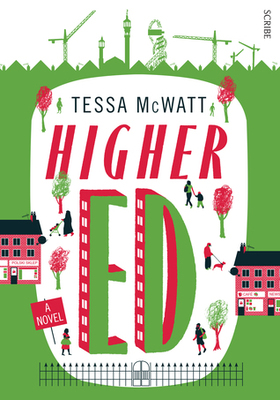
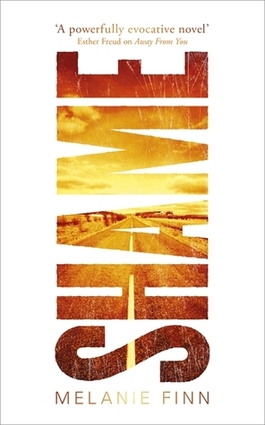
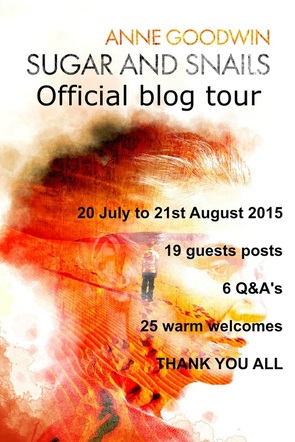
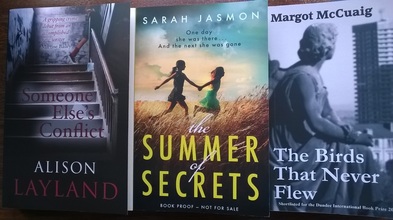
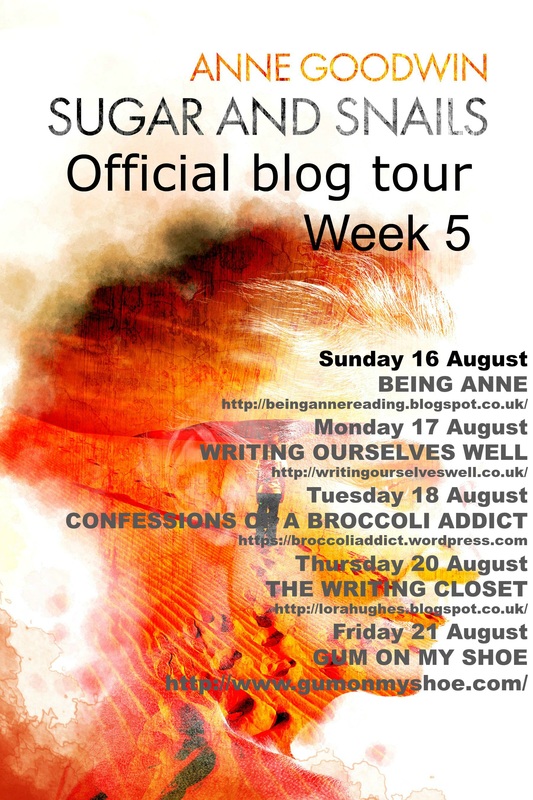
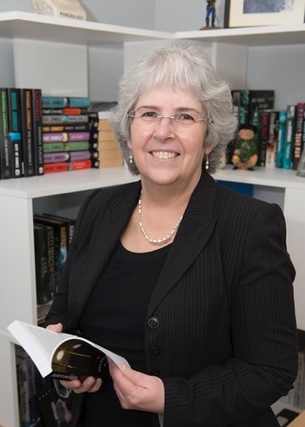
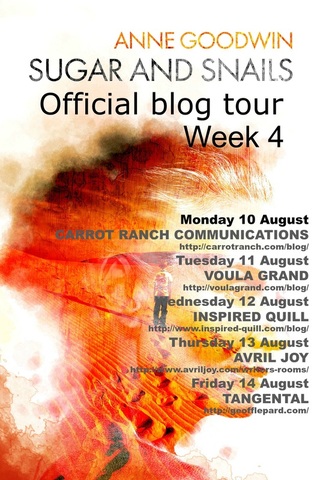
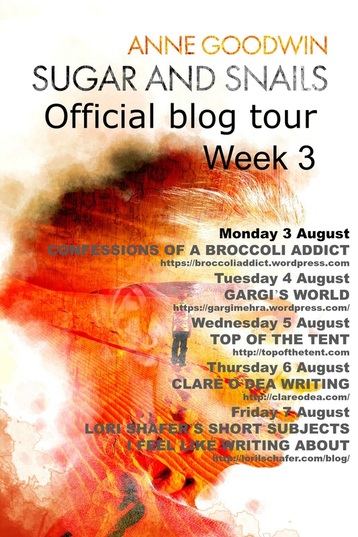





















 RSS Feed
RSS Feed





















